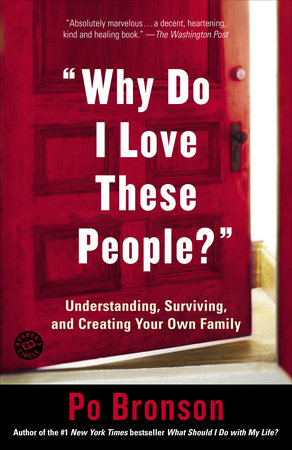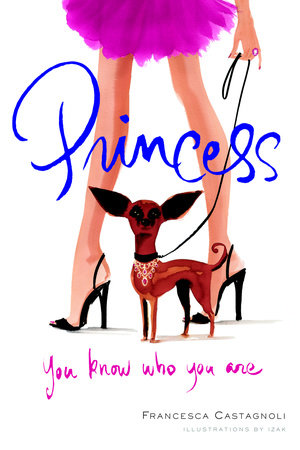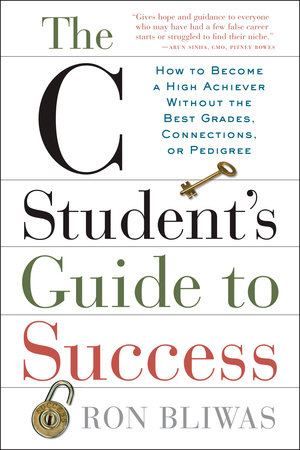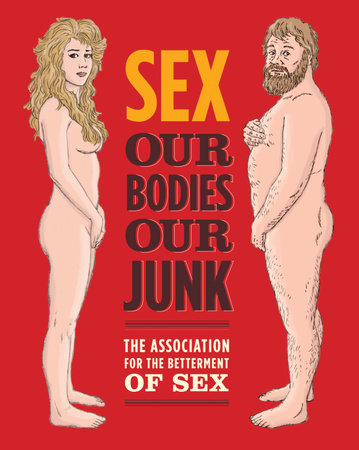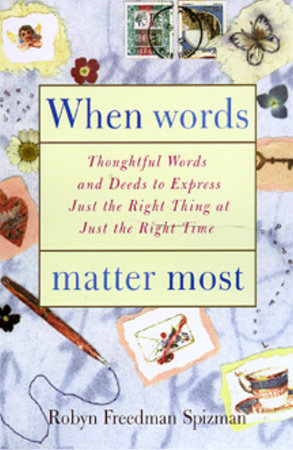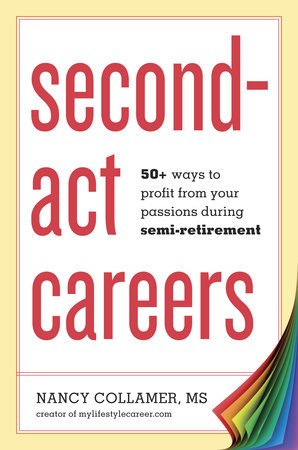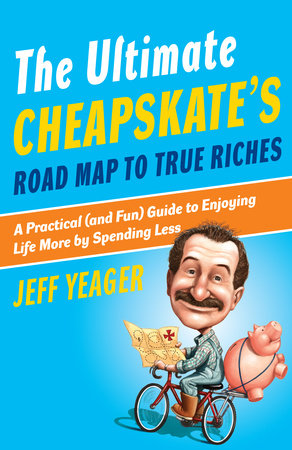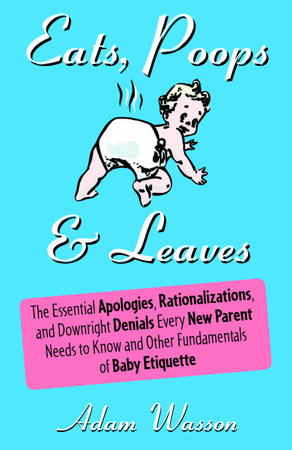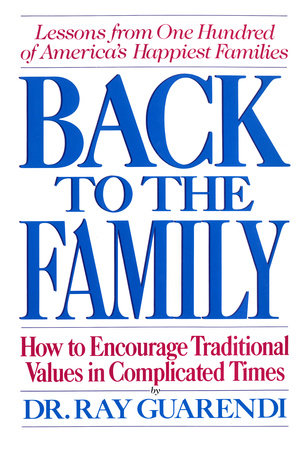A CONVERSATION WITH PO BRONSON
This is the part of the book where the author answers questions put forth by an unnamed interviewer, often the author’s editor or publicist. Random House suggested that Po Bronson be interviewed by his brother, Steve Bronson, instead. Steve Bronson is an organ transplant nurse at the University of Washington Medical Center in Seattle. He is married with two young boys. This interview was conducted in the summer of 2006 on Vashon Island, where the Bronsons share a summer home with their cousins and aunts.
Steve Bronson: For the record, I liked the chapter about us. It really got to me.
Po Bronson: And your off-the-record opinion?
SB: No, that’s how I really felt. But I have looked back at the chapter and I hear this guilt you had, and I just want to make sure that you don’t still feel that way–so as a formal question, do you still carry that burden of responsibility around? For me?
PB: Not since those days in Peru. After that trip, I didn’t seem to have that weighty concern anymore.
SB: Why didn’t you put that story first in the book, so readers would know you better?
PB: My whole method is to learn from the real experiences of others. I felt putting my story first would have undercut that method.
SB: You were always so creative and imaginative when we were kids. But you didn’t trust for a long time that writing could be your life, or that you would ever make a living at it, and you tried a lot of other professions. Why didn’t you trust your talent?
PB: I had no role models for how it’s done. In our family, we didn’t have any exposure to artists, or writers, or college professors. Then Mom got a boyfriend who was a writer, and he took it seriously, but he never sold anything he wrote. When he didn’t have enough money to buy a roll of toilet paper, she had to throw him out. Then she’d miss him, invite him back, and eventually get fed up and throw him out again. So even though I wrote a novel the first summer after graduating from college, and continued to write at night for years, I thought of it like playing the lottery. You could play the lottery, but you had to have a life and a job, and could only daydream that one day you’d win the lottery.
SB: Was your writing a factor in why you were isolated from the family for many years?
PB: Yeah. Dad was a practical guy, a business guy, and he’s been as supportive as he can, but it was painful for him to watch me quit one job after another. Then Mom, after her boyfriend, had to watch me go down that path, too. So I had to get away from the doubt and pragmatism. I didn’t have any success for a while, and that was a little shameful.
SB: Your son lives in his elaborate fantasy life, role-playing anywhere, just like you did. And he just started at a performing-arts elementary school. He tells you he wants to write with you when he grows up. So, what if that actually happens? How would you feel about him taking that risk?
PB: Terrified and proud, but probably no more so than I would be if he chose any other field.
SB: Okay, let me switch subjects. Honestly, tell me your method when you interview these people. How do you organize all the details? Do you use audio recordings?
PB: I take handwritten notes. The act of writing the notes helps me remember it better later–I can picture the page in my memory. Also, when you interview someone for ten hours–it’s hard to look at a person eye to eye for so long. So writing notes allows me to lower my gaze now and then, makes it feel less confrontational. The first night in my motel room (if I am not staying in their house), I draw bubble charts to record my main observations. I write his or her name in the center of a piece of white paper, start making a family tree, add notes about those relationships, include a big bubble around an event that presents a dominant metaphor, a bubble for each key turning point. This becomes sort of a one-page version of his or her story. When I’m done interviewing someone, I have maybe sixty to one hundred pages of handwritten or typed notes on that person’s life. So I break the life story into chunks and color code the notes with crayons. Underlined in yellow is everything about his mother. In red is the theme of rejection. In orange is everything that happened to him prior to high school. So when writing a section about him and his mom, I can look for all those things underlined in yellow and find every detail.
SB: And then you go to your writing closet and lock yourself away in that small space with just your laptop?
PB: Right. Every time I write, I go in the closet. It’s dark, except for a tiny light so I can see the keys. I put a song on repeat, then disappear into the story. It sounds claustrophobic, but it’s not–the closet is a portal that takes me back to the place where I recorded the story.
SB: I’m a nurse, and in the medical field we think a lot about maintaining professional distance. I had to get used to people dying. How do you deal with the tendency to get attached to the people you write about? Have you formed a professional distance from these people?
PB: The hardest thing about my work is to slowly back away after extensive interviewing. I don’t have an institutional setting, like you do– your patients come to your hospital, and in that hospital there are doctors and orderlies all mimicking a similar distance. But I’m all alone, in their house. After someone tells me their secrets, they don’t want to let me go. It’s like they need me close so they can still guard their secrets. It might be hard for me to let go, but it’s much harder for them– I, at least, get a lot of practice doing it.
SB: How did researching and writing this book affect your relationship with your family?
PB: With my wife and kids? Or with my extended family?
SB: All of us and them.
PB: Hearing these stories reminded me about the nobility of the journey. They made me feel good about being a son, a father, a husband, and a brother. They made me want to try harder. So I guess I became more patient, more resilient. I could handle more without getting peeved. And remember, no sooner had I finished the book than my wife’s family lost their homes to Hurricane Katrina. If I hadn’t done all my research, I wouldn’t have even known how to have a conversation with those who’ve lost their homes to a hurricane. The research gave me the means of empathizing with people who’ve suffered every type of family crisis.
SB: What traits about our family did you realize defined us?
PB: Oh, we really like our heart-to-hearts, our one-on-one confessionals. And we don’t let any tiff pass without everyone hearing about it in these sidebars and reenacting it and digesting it three times. And we’re intense–we’re pretty direct and don’t use sly remarks or quips.
SB: Does healing always involve revisiting memories of the past?
PB: It’s helpful for most, but not for all, and in some cases can be damaging.
SB: Why did you write this book?
PB: Because I wanted to write stories like these. Stories of redemption. Not fakey redemption. I have many writer friends who believe all redemption stories are lies. And many are. But I wanted to record redemption in the often imperfect, embarrassing way it actually occurs. Real redemption.
SB: If you could picture a person you were writing for, who would that be?
PB: Someone who has lost faith or is having their faith tested. Anyone who feels broken and worries that time alone won’t fix things. Someone who is creating a new family and feels like the past is no guide.
SB: I would like you to write something funny again.
PB: I do write funny stuff. Usually to perform. Monologues, stories, speeches.
SB: No, a whole book story, a funny story.
PB: Where are you headed with this?
SB: Were you funnier when you were sad and screwed up and not so content with everyone in your family? Or did you just need to write this book to finally heal, to put the turmoil of our early years behind you, and now you can go back to writing stuff that makes me split my gut?
PB: Well, let’s hope it’s the latter.
